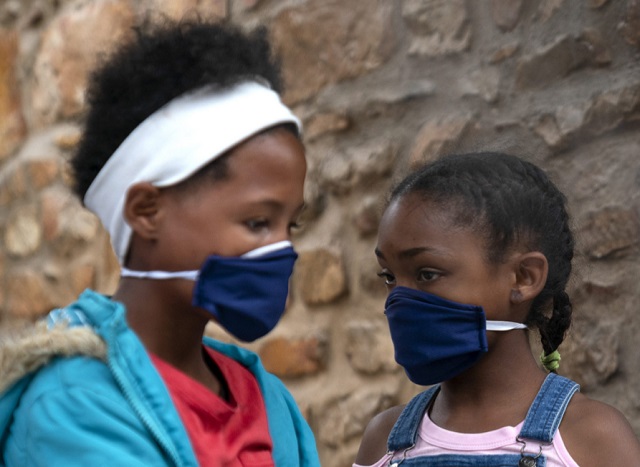
Kampala, Uganda | THE INDEPENDENT | Scientists have embarked on a study that seeks to examine the uptake of prevention guidelines which will offer government clues on effective Covid-19 interventions.
Prof. Nelson Sewankambo, the Director of Training Health Researchers into Vocational Excellence in East Africa (THRIVE), says that the study that starts in August and lasts six months will describe community perceptions of COVID-19 among vulnerable populations in Nakawa and Kawempe divisions of Kampala.
Sewankambo was speaking on Wednesday as they were winding up a four weeks training of research assistants in preparation for fieldwork. He noted that while the baseline involves understanding the social-economic effects of the pandemic and assessing the public’s coping mechanisms to the new normal, the second phase will be a controlled community trial aimed at assessing the impact of risk communication in promoting acceptance of prevention measures such as wearing a face mask, washing hands, physical distancing and lockdowns which were only accepted by sections for a short time.
He says until now, the government has not heard from the public about what is acceptable since March. He says that policymakers have only been offering directives with no avenue for feedback or testing what would be the most relevant model for involving the community.
60 million Shillings has been set aside to facilitate the activities and have already identified the key people to interact with planning to have at least 10 communities in each of the divisions participating.
This, Sewankambo says, will give insights on solutions that can work because they know what rumours are circulating and what barriers limit them from accessing some of the interventions provided by the government.
Without scientific evidence yet, the researcher says trust in government information has reduced, a situation that can cause a crisis if not quickly rectified. He says this situation has been worsened by the fact that the government has failed on delivering on their promises to give out free masks and availing food for whoever was in need.
However, the Thrive study adds to dozens of others that have been embarked on lately after the government allocated 30 billion shillings in new funding for COVID-19 related research.
Prof. William Bazeyo who heads the Makerere University Research and Innovations fund that is in charge of financing the studies says that initial results of the studies will be released in the next three months and Uganda will have a pool of local evidence to inform interventions into the pandemic.
This comes at the time of piling criticism of importing interventions from Europe and China where the disease started in late 2019 which are not necessarily applicable here.
******
URN
 The Independent Uganda: You get the Truth we Pay the Price
The Independent Uganda: You get the Truth we Pay the Price


